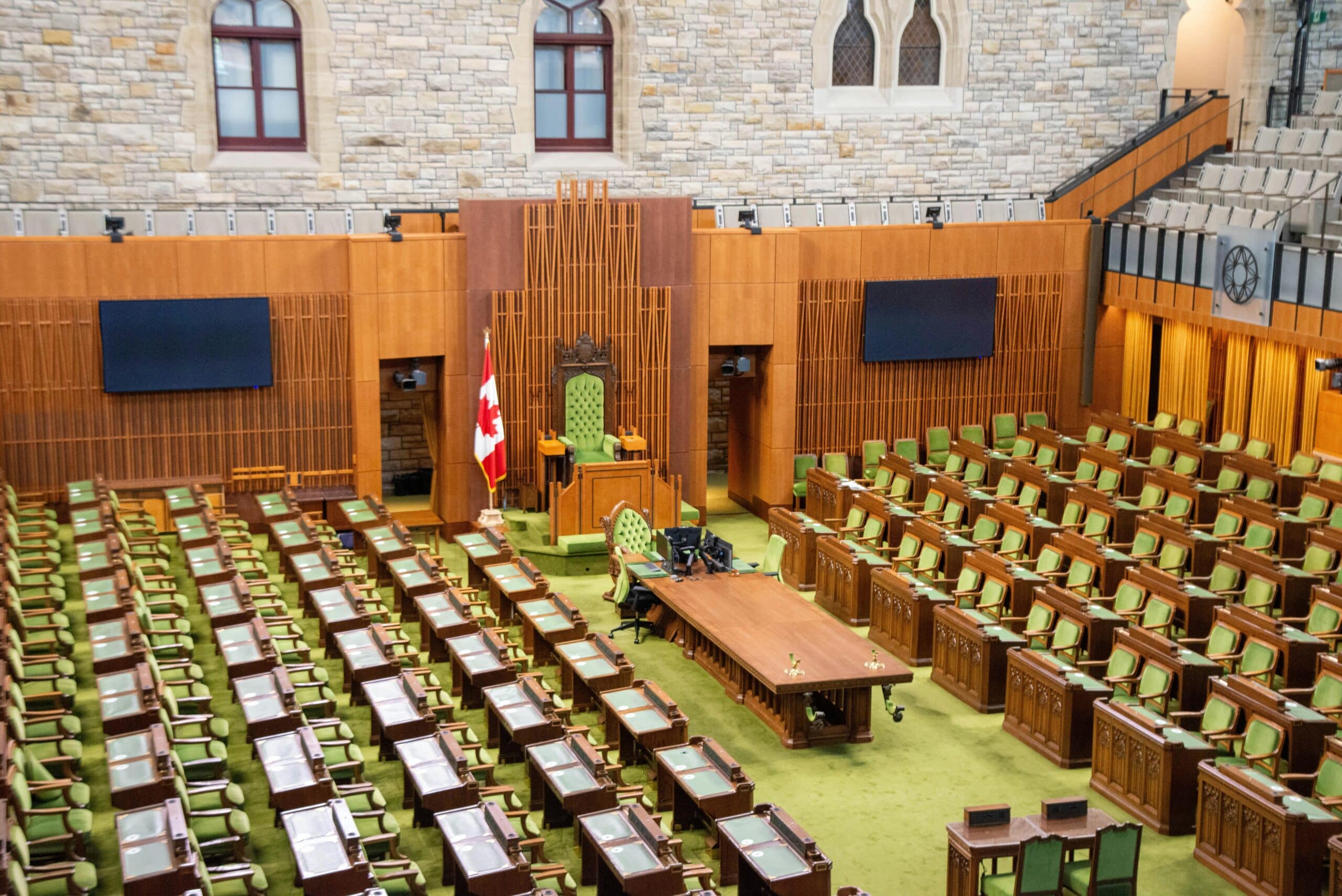If tariffs on inbound goods were not enough to shift economies and change US taxpayers’ behaviour, a new bill aims to levy a 25% excise tax on outsourcing payments to foreign persons for services provided to US consumers as well as disallowing any deductions for such payments.
On October 6, 2025, Senator Bernie Moreno (R-OH) tabled this new piece of legislation called the Halting International Relocation of Employment Act, or HIRE Act, with the intention of safeguarding American jobs by disincentivizing US taxpayers from hiring cheaper foreign labour. While President Trump’s goal with tariffs was to close trade deficits on goods, the US boasts a $300 million trade surplus on service. Nonetheless, Senator Moreno sees college graduates and working-class Americans struggling to find employment as a direct result of service jobs being shipped overseas, and is therefore seeking to restore those jobs to the US employment market.
While there is no telling on the likelihood that that the HIRE Act will pass into law in its current form, the bill has the potential to influence future policy and upend how multinational corporations conduct their US operations. Given the potential for heavy penalization on foreign payments, multinational companies would need to reassess how they service the US marketplace, their transfer pricing policies and whether having a US subsidiary would still be beneficial from a tax perspective. For US based companies, employing foreign persons to provide services at discounted rates would no longer be cost effective. However, this would create significant cash flow issues since although US companies would avoid levies by employing US based service providers, US based services would come at a higher cost.
From a policy perspective, some might view this piece of legislation as a natural next step in the current administration’s agenda to keep jobs onshore and bolster the US economy and job numbers. However, if passed in its current form, the unintended consequences would include multinational corporations weighing the benefit of maintaining US based operations in the form of US subsidiaries and US employees, and US based companies trimming their cashflow from other sources to cover the rising costs of US based services.
At this point, however, is unknown at this point whether this legislation will pass, and if it does, in what variation or iteration. As for all tabled bills, there are many hurdles to jump and votes to be held. Therefore, while this is not close to becoming law, one should stay vigilant and aware of which direction the economic and tax policies are moving in since policy will dictate decisions and behavior.
Here at Zeifmans we can help you navigate this new landscape. If you have any questions with regards to your stock holdings, or whether your company qualifies for QSBS treatment, please reach out to Howard Blumenfeld at (647)-256-7733 or email at hb@zeifmans.ca.



